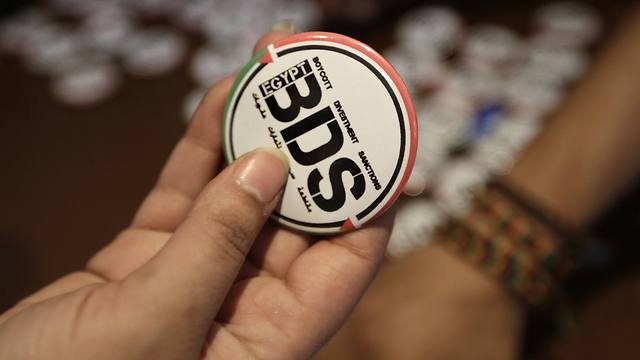
When an academic journal decided to stop publiching articles by Israelis (illustration)
The silent exclusion of Israeli academics
Op-ed: Under the protection of secrecy and lack of transparency, a barrier stronger than any boycott is slowly being built in the world of academic journals.
An academic's job includes first and foremost research and teaching. His other tasks are part of the academic routine: Editing academic journals, appraising doctoral students' theses and writing opinions, many opinions.
He is asked to review professional colleagues from the moment they are admitted into the academic institutions through their promotions, and he mainly has to review the quality of their research. This applies to both Israel and the world. The university is universal.
During the review processes, a close and patronage relationship develops, cliques are created, there are negative biases, preferences and scores to settle. The academia is a living human system. Despite the scores – and perhaps because of them – the academia has set clear rules. A prestigious journal will never publish a poorly written article just because the researcher is associated with the editor – prestige is acquired slowly and with great effort, and one poorly written article can bring it down.
That's the reason why most of the esteemed publications in the world make sure that an article received for consideration will be reviewed anonymously. The person who knows who sent the article is the editorial board secretary. The editorial board decides who will review the article, and the person who is asked to write an opinion on the article and decide whether it should be accepted, rejected or request amendments, does not know who the writer is. The process is clear and does not include transparency.
I was lucky. At the beginning of my academic career, the reviewer of the first article I sent to an international journal asked for my name after writing a positive opinion. Since then, it has become my home journal. He later became the journal's editor. I was asked by him to write review articles on research books.
A review of a book that has already been published makes the secrecy unnecessary – a review article aims to point to the problematic aspects of the reviewed book, and sometimes to oppose its findings. The writer of the review creates rivals, and so there are not many people who are eager to publish a review of a colleague's book. Editors of important journals which only publish a small number of the research articles they receive court the writers of the review articles and gladly accept them.
On the backdrop of the shortage in review articles on books, every review article I have written was gladly received and published – up until two years ago, when I sent the journal a review article. I waited for its publication in the upcoming issue, and then in the next issue – and nothing happened. There was neither a publication nor a rejection letter. I sent the article again, in case there had been an email error, and got no response.
I met the editor in a conference held in the United States a while ago. He used crafty intellectual terms in order to explain the new trends in Middle Eastern research which led to the changes in the publication policy. He didn't say in any way that Israelis were not wanted.
A simple examination of the past two years' issues revealed that the change amounts to not publishing any article by an Israeli researcher. Under the protection of secrecy and lack of transparency, a barrier stronger than any boycott is slowly being built.
Prof. Ze'ev Zahor is the founder and former president of the Sapir Academic College.











